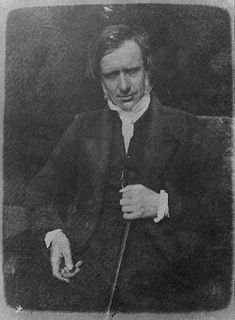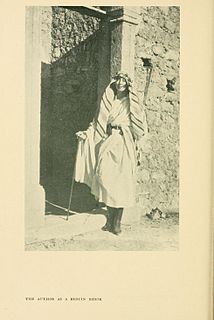A Quote by William Shakespeare
Related Quotes
Sin! Sin! Thou art a hateful and horrible thing, that abominable thing which God hates. And what wonder? Thou hast insulted His holy majesty; thou hast bereaved Him of beloved children; thou hast crucified the Son of His infinite love; thou hast vexed His gracious Spirit; thou hast defied His power; thou hast despised His grace; and in the body and blood of Jesus, as if that were a common thing, thou hast trodden under foot His matchless mercy. Surely, brethren, the wonder of wonders is, that sin is not that abominable thing which we also hate.
Think not so much of what thou hast not as of what thou hast: but of the things which thou hast, select the best, and then reflect how eagerly they would have been sought, if thou hadst them not. At the same time, however, take care that thou dost not, through being so pleased with them, accustom thyself to overvalue them, so as to be disturbed if ever thou shouldst not have them.
King of the animals — as thou hast described him — I should rather say king of the beasts, thou being the greatest — because thou hast spared slaying them, in order that they may give thee their children for the benefit of the gullet, of which thou hast attempted to make a sepulchre for all animals; and I would say still more, if it were allowed me to speak the entire truth.
O eloquent, just, and mighty Death! whom none could advise, thou hast persuaded; what none hath dared, thou hast done; and whom all the world hath flattered, thou only hath cast out of the world and despised. Thou hast drawn together all the far-stretched greatness, all the pride, cruelty, and ambition of man, and covered it all over with these two narrow words, Hic jacet!
A man asked Muhammad what was the mark whereby he might know the reality of his faith. Muhammad said, 'If thou derive pleasure from the good which thou hast performed and thou be grieved for the evil which thou hast committed, thou art a true believer.' The man said. 'In what doth a fault really consist' Muhammad said, 'when action pricketh thy conscience, forsake it.'






































